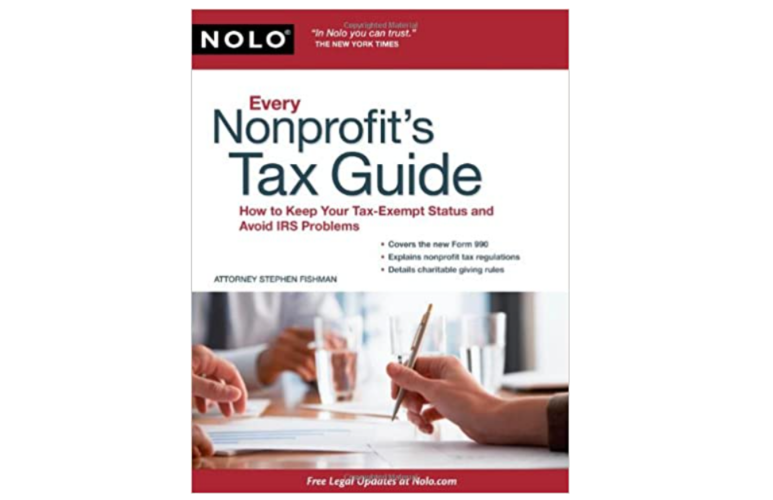Back long ago, the term “private inurement” might have sounded like something of interest to the vice squad. As nonprofit leaders have learned, however, the concept can be of intense interest to the Internal Revenue Service (IRS) as well as to other watchdogs.
And many of those leaders have learned that lesson in an extremely painful, and public way.
In his book Every Nonprofit’s Tax Guide, Stephen Fishman wrote that nonprofit leaders can help prevent private inurement problems by having a clear awareness of Disqualified Persons (DPs), those who are in position to exercise “substantial influence” over an organization’s affairs. Fishman offerred the following guidelines as help in identifying DPs:
- Automatic DPs. This includes board members who are entitled to vote, the nonprofit’s president, chief executive officer and chief operating officer, the treasurer, chief financial officer or anyone with ultimate financial responsibility, any member of a DP’s immediate family, and any company or other entity in which one or more DPs own more than 35 percent.
- Fact and circumstance DPs. For a small nonprofit, the most likely are the organization’s founder and its substantial contributors.
- Employees. They are not usually DPs unless they are in top-level positions.
- Professional advisers. A person such as an attorney, accountant or investment adviser is not a DP as long as that person does not personally benefit from the transaction involved, other than fees or normal payment for services.
